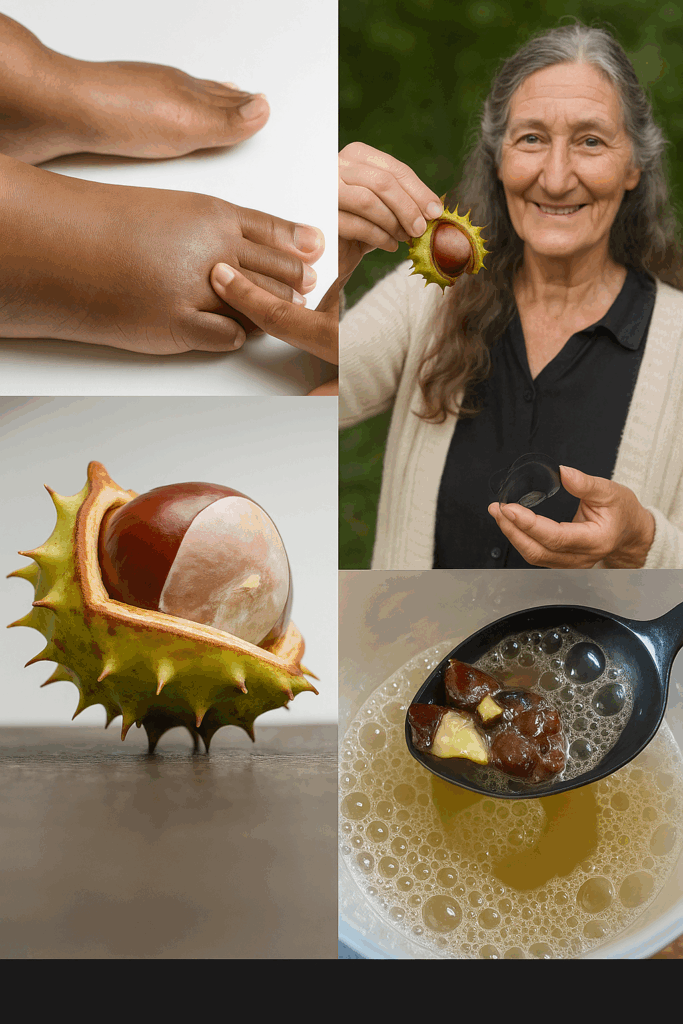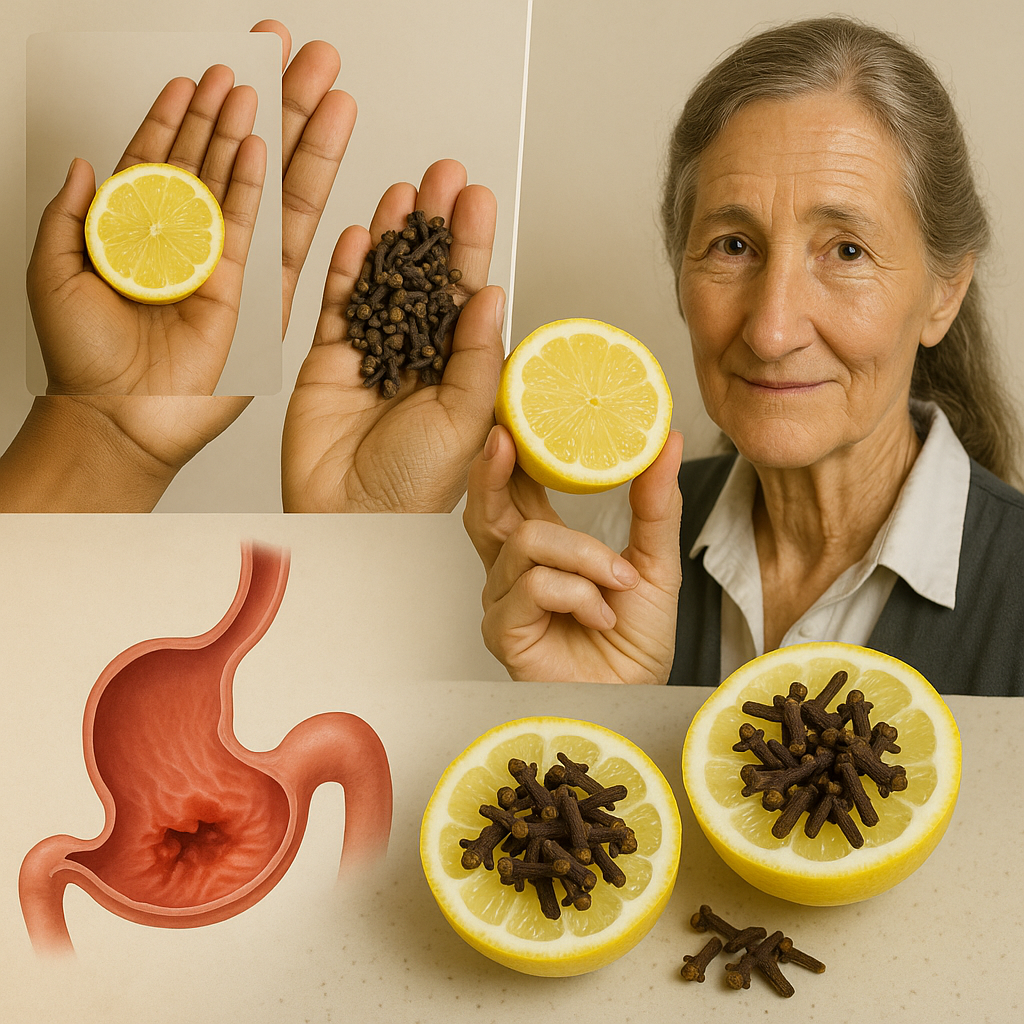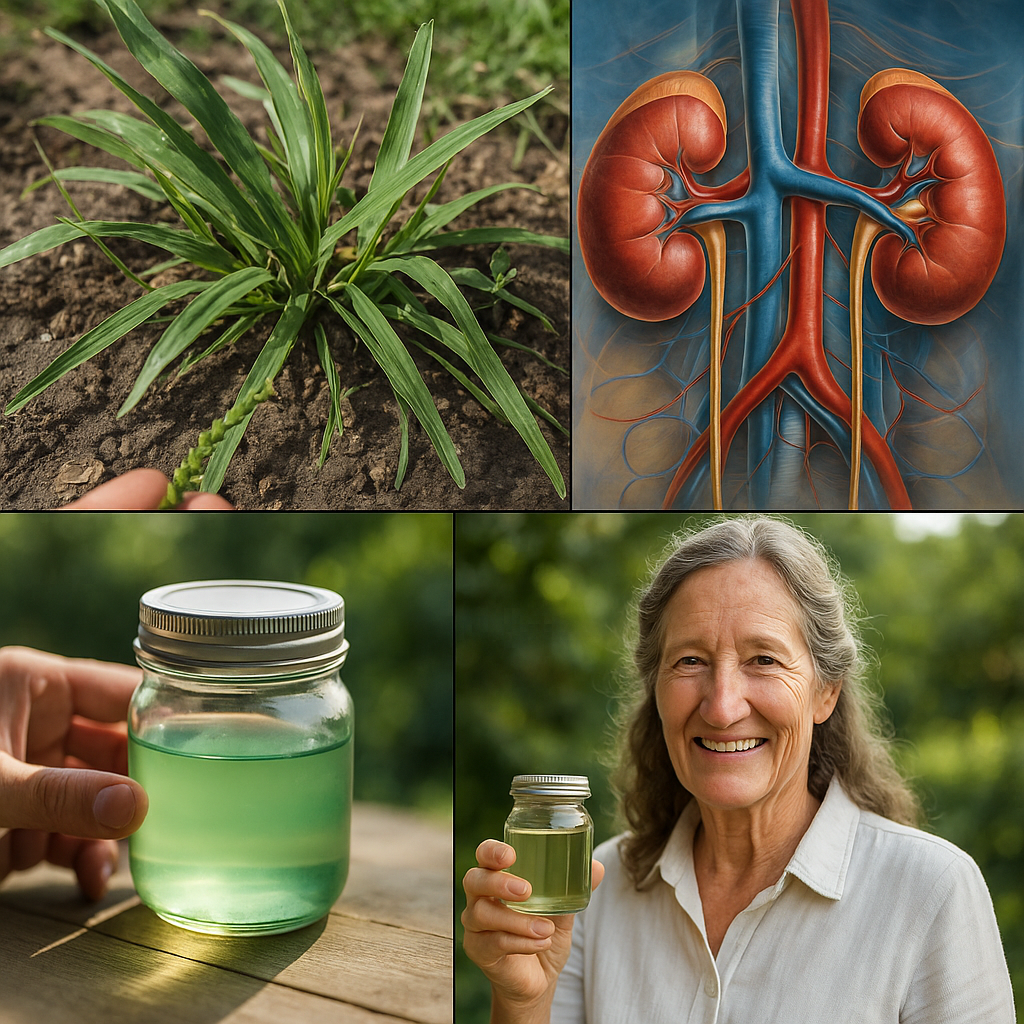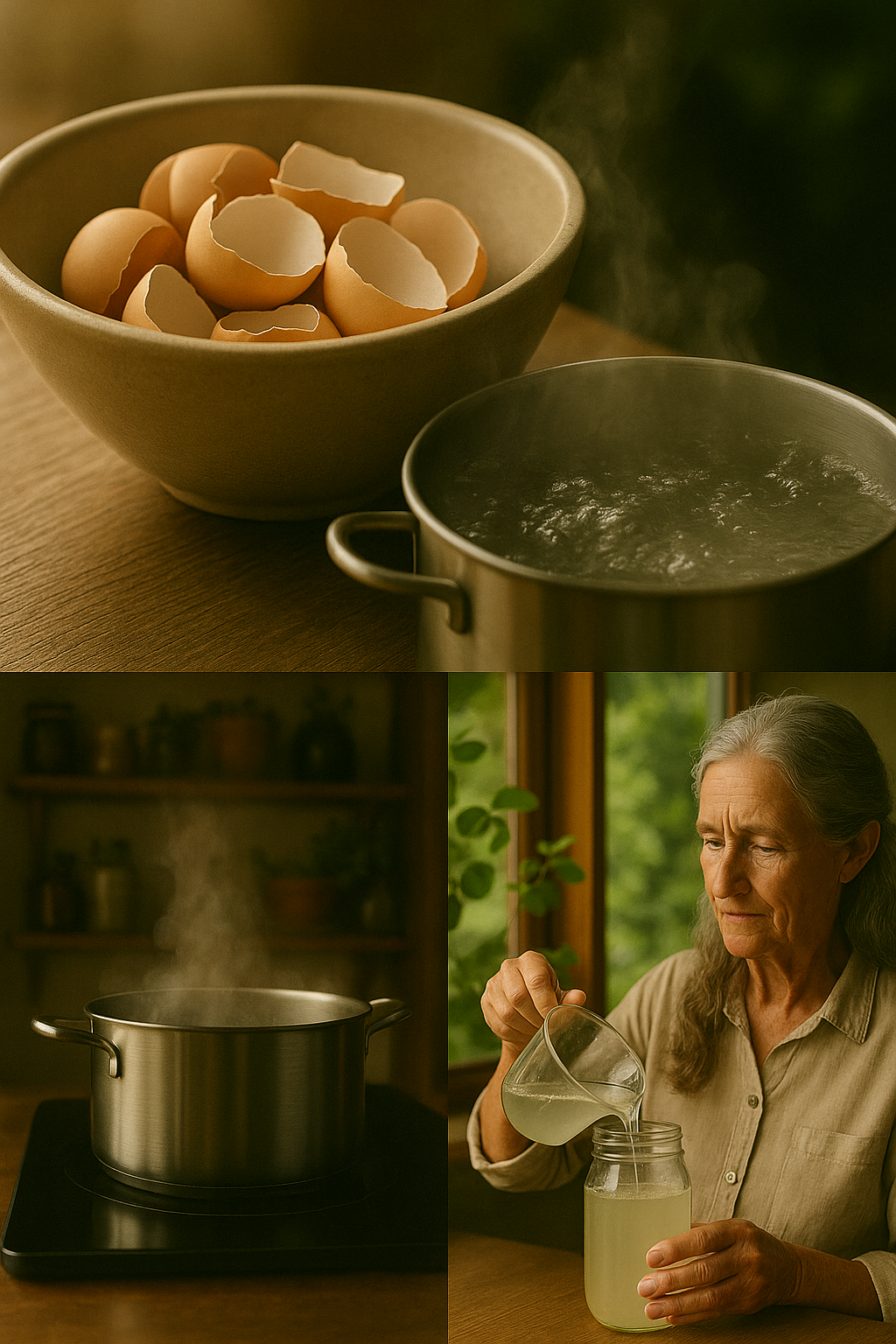Swollen, heavy legs aren’t just uncomfortable — they can point to deeper issues like poor circulation, venous insufficiency, or fluid retention. Rather than relying solely on synthetic medications, many are turning to a potent, natural solution: Horse Chestnut.
Used for centuries in European folk medicine, Horse Chestnut is now backed by modern research as a go-to herbal remedy for leg swelling, varicose veins, and circulatory support. The secret? A natural compound called aescin, known for strengthening veins, reducing inflammation, and improving blood flow.

💡 Why Horse Chestnut Works So Well
✅ 1. Strengthens Blood Vessels
Aescin improves the tone and elasticity of veins and capillaries, making them less likely to leak fluid, which leads to swelling.
✅ 2. Enhances Circulation
It supports venous return, helping blood move efficiently from the legs back to the heart — especially useful for people who stand or sit for long hours.
✅ 3. Reduces Inflammation
Aescin also reduces swelling and inflammation, easing that heavy, achy sensation in your lower limbs.
🌿 What It’s Best For
- Chronic venous insufficiency
- Varicose veins
- Leg and ankle swelling from heat or travel
- Hemorrhoids
- Restless or cramping legs at night
- Bruising and skin inflammation
🛠️ How to Use Horse Chestnut Safely at Home
🧴 1. Homemade Horse Chestnut Oil (For External Use Only)
Ingredients:
- 4–5 fresh or dried horse chestnut seeds (crushed)
- 250 ml olive oil (or almond oil)
- Optional: calendula or comfrey for extra soothing
Instructions:
- Crush the seeds with a mortar or food processor.
- Place in a glass jar and cover with oil.
- Infuse:
- In sunlight for 1–2 weeks, shaking daily
- Or gently heat using a double boiler for 2–3 hours
- Strain using cheesecloth and store in a dark bottle.
Use:
- Massage into swollen legs, ankles, and varicose veins twice daily.
- For best results, apply before bed with legs elevated for 15–20 minutes.
🌡️ 2. Horse Chestnut Compress
Instructions:
- Simmer crushed seeds or bark in water for 20 minutes.
- Cool until comfortably warm.
- Soak a clean cloth in the liquid, wring out, and apply to swollen areas.
- Wrap with plastic wrap and cover with a towel.
- Leave for 30–40 minutes daily.
💊 3. Ready-Made Horse Chestnut Extract (For Internal Use)
If you prefer internal support, choose a standardized extract from a reputable brand.
Look for:
- 16–20% aescin content
- Suggested dose: 300 mg/day (check product label)
✅ Safe extract preparations are specially processed to remove toxic components found in raw seeds.

🚫 Caution: Don’t Use Horse Chestnut If You…
- Are pregnant or breastfeeding
- Have liver or kidney conditions
- Are taking blood thinners or anticoagulants
- Have a known allergy to horse chestnut
🧘 Bonus Tips to Boost Effectiveness
- Elevate your legs regularly
- Stay hydrated to reduce fluid retention
- Avoid standing or sitting too long without movement
- Use compression socks for added support
- Pair with nettle or dandelion tea to aid circulation and lymphatic drainage
⚠️ Warning Signs You Shouldn’t Ignore
If your leg swelling is:
- Sudden or severe
- Accompanied by pain, warmth, or redness
- Linked to shortness of breath
📞 Seek immediate medical attention — it could signal deep vein thrombosis or heart-related complications.
🌿 Final Thoughts
Horse Chestnut isn’t just a folk remedy — it’s a clinically supported, natural powerhouse for managing leg discomfort and vascular health. With regular use, whether as a massage oil, compress, or standardized extract, it can significantly relieve swelling, reduce the appearance of varicose veins, and improve your overall circulatory wellness.
👉 Sometimes, the most effective solutions are rooted in nature — you just have to know how to use them.
Disclaimer: This guide is for informational purposes only and does not replace professional medical advice. Always consult your healthcare provider before beginning any herbal remedy.


